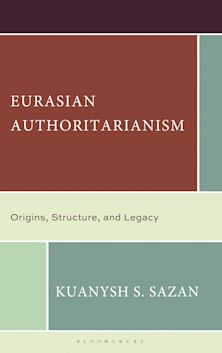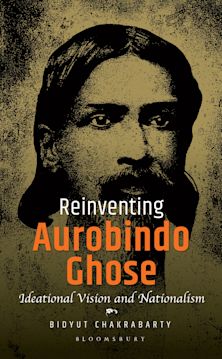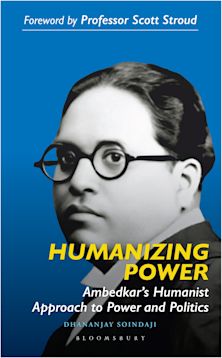Nationalism in India
Multiple Dimensions and Ideologies
Nationalism in India
Multiple Dimensions and Ideologies
Description
This book explores the diverse ideational visions of key leaders in India's freedom struggle, highlighting both their differences and similarities. While rooted in distinct political and ideological contexts, these visions shared a common goal: India's political emancipation. Though ideologically divergent, many nationalist leaders did not directly challenge Mahatma Gandhi's nonviolent resistance campaign against British rule, despite their differing approaches.
The book traces the evolution of Indian nationalism through three distinct phases, each shaped by the political and ideological priorities of the time. The Moderates, while supporting British rule as a necessary stage in India's development, still called for independence, albeit under British supervision. The arrival of the New Nationalists, including leaders like Aurobindo and the Lal-Bal-Pal trio (Lala Lajpat Rai, Bal Gangadhar Tilak, and Bipin Chandra Pal), marked a shift in the nationalist vision. They advocated for active resistance and redefined opposition strategies, favoring passive resistance as a tool for political independence.
The rise of Gandhi in 1918, following his success in the Champaran Satyagraha, ushered in a new phase of Indian nationalism. While Gandhi's approach differed from his predecessors, the central aim of achieving independence remained unchanged. This book examines these evolving ideologies and their contributions to shaping the Indian nationalist movement.
Table of Contents
Introduction
Chapter 1- Reinventing Nationalism: the Moderate version
Part A: Prioritizing political freedom: Aurobindo Ghose and Gandhi
Chapter 2-Break with the past: Aurobindo's ideational vision
Chapter 3 -Redesigning nationalism: Gandhi's intervention
Part B: In quest of social equality: Rabindranath Tagore and Nazrul Islam
Chapter 4 - Voice against social discrimination: Rabindranath Tagore's ideational priorities
Chapter 5 -Voicing the voice of voiceless: Nazrul Islam's model of nationalism
Part C: Identity politics: BR Ambedkar as an exponent
Chapter 6 - Reincarnation of identity politics: BR Ambedkar's strategical designs
Conclusion
Bibliographical notes and a select bibliography
Index
About the Author
Product details
| Published | 30 Apr 2025 |
|---|---|
| Format | Ebook (PDF) |
| Edition | 1st |
| Extent | 300 |
| ISBN | 9789361318429 |
| Imprint | Bloomsbury India |
| Publisher | Bloomsbury Publishing |

ONLINE RESOURCES
Bloomsbury Collections
This book is available on Bloomsbury Collections where your library has access.


































